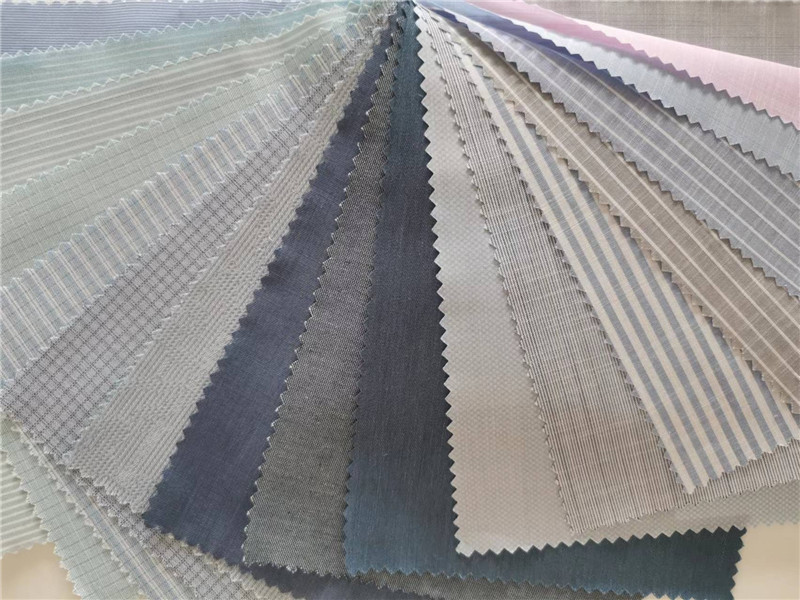Farooq Khan, a Kashmiri artist, combined nuno felting, an Australian art form, with traditional Kashmiri art to produce one-of-a-kind goods that are unavailable anywhere else in the world. Since Khan is the only nuno felting expert in India, he has been able to combine the two arts and breathe new life into Kashmir’s traditional crafts. Nuno felting is a method for fusing stray fibers—typically sheep’s wool—into sheer fabrics like silk, rayon, etc. It was created in Australia many years ago, and now a Kashmiri craftsman uses it to create traditional Kashmiri Namda and silk scarves. Khan spent months learning the craft before producing one-of-a-kind goods that are now sold all over the world.
‘I started learning this technique four years ago and I have been selling these products for the last two years. I was helped by an organisation called Connect to Kashmir, which showed me how nuno felting was done. Then I tried mixing the two techniques for making a Kashmiri Namda. I failed the first time, tried the second time, and failed again. I knew I would be able to do it but needed time and every day after finishing my work every day, I used to sit and work on it, and finally, after two years I was able to make the products. I have made jackets, silk scarves, namdas, and shawls which are extremely light,’ said Khan. Cotton Polyester Blend Yarn

Khan’s family has been producing crafts in Namda for many years, and it was his own curiosity that inspired the addition of so many cutting-edge ideas and methods to Kashmiri traditional art. He claims that because he enjoys producing them, he doesn’t charge much for them. ‘ Since I was little, I have been producing Namda. My father and uncle, who were also Namda artists, taught me the skill. I had a small amount of interest about creating something new after seeing a Namda while I was working in Kargil. I learned quickly, but I made a lot of mistakes before I was able to succeed. Being able to create new things makes me really pleased’.
Khan is upset with the government for not offering any help to further advance this trade. He has been working on these new features and methods with a private craft group. Khan must travel beyond the Kashmir Valley to obtain the raw materials needed to make these goods. He claims that he frequently approached the authorities to request that the valley’s craftspeople be given access to the raw materials. But no one has taken any action.

Polyester Cotton ‘The wool is the primary problem, I think. In contrast to Nepal, which has excellent wool and yarn, Kashmir has none of these things. We receive no assistance from the government. I frequently petitioned the government to provide coloured wool to the valley’s craftspeople since I needed it to manufacture these items. But they didn’t do it. This requires a trip to Ludhiana, and even when creating samples, that must be purchased in quantity’. Farooq Khan, an artisan, said, ‘I had begged the government to make it available so that we could buy from them. It is a very pricey bargain for us’. Its artisans, like Farooq, are ensuring that Kashmiri traditional arts and crafts endure forever in addition to incorporating new designs and techniques into them.